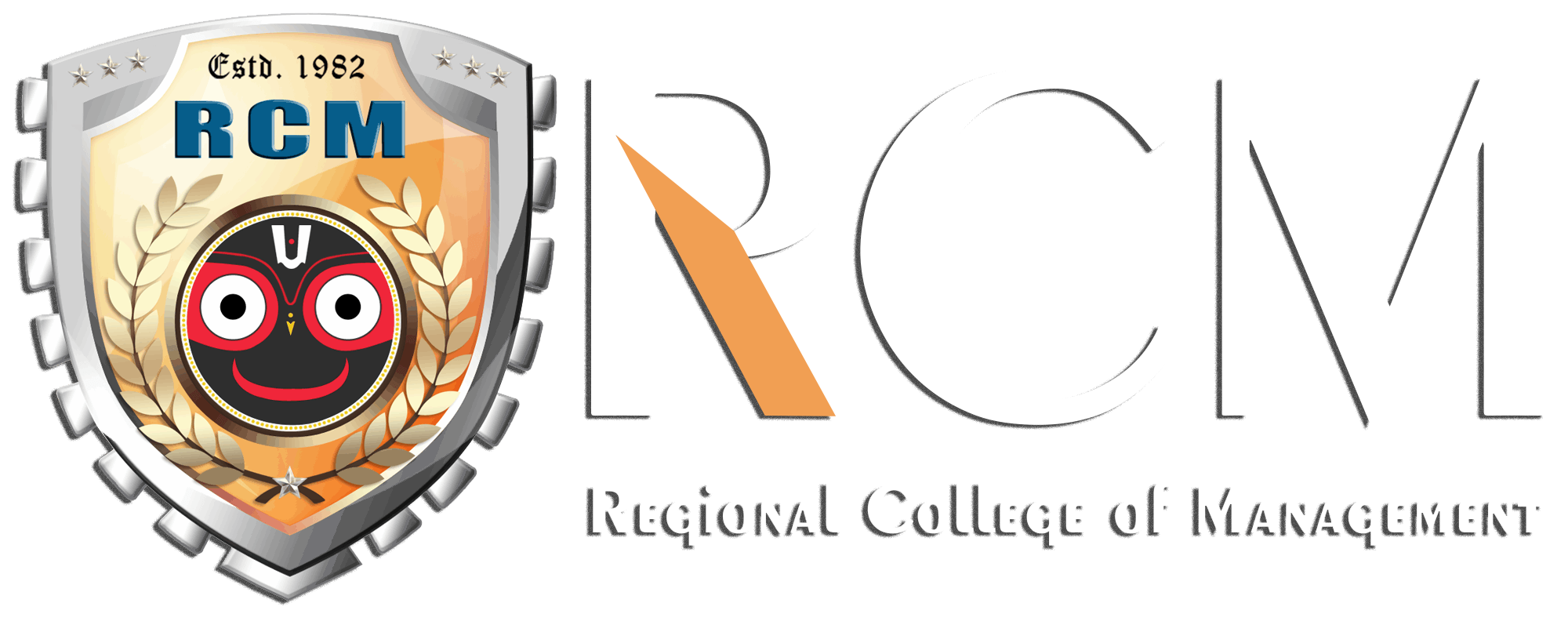Choosing the right undergraduate program after completing your 12th standard can shape the direction of your career. Two of the most popular options for students from commerce and science backgrounds are BBA and BSc. But bba or bsc which is better for your future? Let’s explore the differences, scope, and benefits of both courses to help you make an informed decision.
What is BBA and BSc?
BBA (Bachelor of Business Administration) is a professional undergraduate degree that focuses on business management, marketing, finance, HR, and entrepreneurship. It’s ideal for students interested in the corporate world or planning to pursue an MBA.
BSc (Bachelor of Science) is an academic degree focusing on scientific and technical subjects like Physics, Chemistry, Mathematics, Computer Science, Biology, and more. It suits students with a passion for research, science, and technology.
BBA vs BSc: Course Structure and Duration
| Criteria | BBA | BSc |
|---|---|---|
| Duration | 3 years | 3 years |
| Focus Area | Business, Management, Marketing | Science, Research, Technical Skills |
| Ideal For | Commerce & Arts students | Science stream students |
| Career Path | MBA, Corporate Jobs, Startups | MSc, Research, Government Exams, Tech Jobs |
BBA vs BSc courses differ fundamentally. While BBA is more professionally oriented, BSc provides academic depth in scientific areas.
Career Opportunities After BBA and BSc
After BBA:
- Business Analyst
- Marketing Executive
- HR Manager
- Entrepreneur
- MBA Aspirant
After BSc:
- Research Associate
- Data Analyst
- Lab Technician
- Scientist
- MSc/PhD
When considering bba or bsc, understand that BBA offers quicker entry into corporate roles, while BSc opens paths into research and technical fields.
Salary Expectations: BBA vs BSc
Let’s compare salaries based on industry data:
| Degree | Average Starting Salary (India) |
|---|---|
| BBA | ₹3.5 – ₹5 LPA |
| BSc | ₹2.5 – ₹4.5 LPA |
According to a 2024 survey by TeamLease Services, BBA graduates receive higher average starting packages in sectors like sales, finance, and HR, while BSc graduates see better growth in technical and R&D sectors.
Industry Insights: What Do Experts Say?
Dr. Neha Rathi, Career Counsellor at EdXcell Institute, notes:
“BBA is the right choice for students who aim to build a career in business or pursue an MBA. However, those who are passionate about science and research should opt for a BSc.”
This insight aligns with feedback from students who have shared how their course choice shaped their careers.
Which Has More Scope: BBA or BSc?
- BBA offers broader scope in the business domain, especially in India’s growing startup and corporate ecosystem.
- BSc has deep academic and research-based scope, particularly abroad, and in sectors like biotechnology, AI, and data science.
The bba or bsc which is better debate really depends on your interests. If you’re inclined toward leadership, business, or entrepreneurship, BBA is your path. If you’re curious about scientific exploration and research, BSc may suit you better.
Final Verdict: BBA or BSc?
There’s no one-size-fits-all answer. It depends on:
- Your interests (Management vs Science)
- Your future goals (MBA/Corporate vs MSc/Research)
- Your background (Commerce/Arts vs Science)
If you are still unsure, seek career counselling or take aptitude tests to identify your strengths before deciding.
Conclusion
Both BBA and BSc are valuable undergraduate degrees, each with its unique path and potential. Consider your strengths, career aspirations, and long-term goals before choosing between BBA or BSc. The right choice will not only determine your academic journey but also shape your professional success.
FAQs
Q1. Is BBA a professional course?
Yes, BBA is a professional undergraduate course designed to prepare students for management and administrative roles.
Q2. Can I switch from BSc to BBA later?
It’s possible, but not ideal. Switching disciplines may require bridging courses or starting from scratch.
Q3. Which has better placement: BBA or BSc?
BBA typically offers better placement opportunities in corporate sectors, especially when followed by an MBA.




























